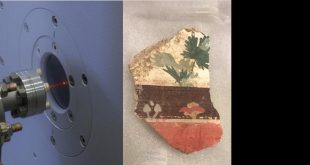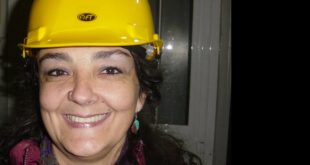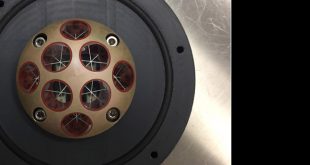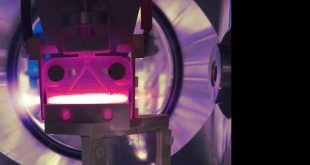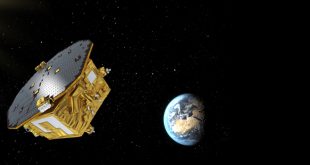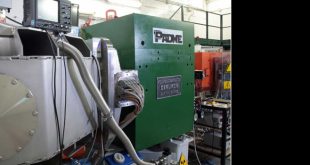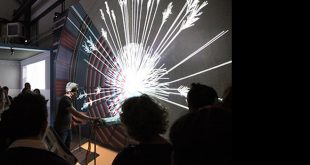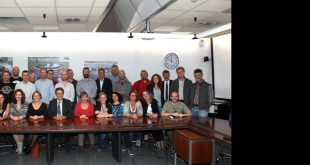The Laboratories will be closed for festivities from Monday 24th of December 2018 to Tuesday 1st of January 2019. Retrace “A year of Outreach“ at LNF, waiting for 2019 with a brand new series of dates with Science! WATCH THE VIDEO Have a nice holiday and a happy new year! Translation by Camilla Paola Maglione, Communications Office INFN-LNF
Read More »News
The colours of Ancient Rome in a new “light”
Spectroscopic investigations for the reconstruction of the frescoes of the Roman Villa della Piscina and for the restoration of the artworks of Palazzo Chigi in Ariccia. These are some of the activities of the ADAMO (Analysis, DiAgnostics and MOnitoring) project
Read More »The 2018 APS Award goes to a LNF researcher
LNF congratulates our researcher, Catalina Curceanu, who, together with Stephen L. Adler of the Institute for Advanced Study di Princeton (USA), won the Fundamental Physics Innovation Award of the American Physics Society, Gordon and Betty Moore Foundation
Read More »SICURA wins the research call of Lazio Region
The SICURA (SICUrezza Radiologica – RAdiation Safety) project, an innovative proposal drawn up by Catalina Curceanu and Roberto Bedogni, researchers at LNF, wins the Lazio Region call for Research Group Projects – Knowledge and Cooperation for a New Development Model.
Read More »The Italian LaRRI gets to Mars too
On last 26th of November at 9 pm, the NASA lander Insight landed on Mars, bringing on the Red Planet also a little piece of Italy and of the INFN. In fact, on board there is LaRRI (Laser Retro-Reflector for Insight), a laser microreflector developed by the Frascati National Laboratories with the support of the Italian Space Agency
Read More »Special lenses for compact accelerators
Plasma-based technology promises a tremendous reduction in size of accelerators used for research, medical, and industrial applications, making it possible to develop tabletop machines accessible to a broad scientific community.
Read More »Fourth appointment with Seminarindustriali 2018
SAVE THE DATE: 26th of November 2018 h 9:30 – Aula Salvini Industrial seminar “LNF and SPACE technologies: Test and calibration laboratories”
Read More »Starting of the PADME experiment – in search of dark matter
The PADME experiment data-taking officially started yesterday, 4th of October 2018, at the Beam-Test Facility of Frascati National Laboratories.
Read More »Opening of the new Visitor Centre of LNF
The brand new Visitor Centre of the Frascati National Laboratories has been inaugurated today, October 4th 2018, at the presence of INFN President Fernando Ferroni, the LNF Director Pierluigi Campana, the Vice-president of Regione Lazio, Massimiliano Smeriglio and the Major of Frascati, Roberto Mastrosanti.
Read More »The Laboratories get bigger: 36 new staff members
On October 1st, 36 new permanent staff members were hired at Frascati National Laboratories.
Read More » INFN-LNF Laboratori Nazionali di Frascati
INFN-LNF Laboratori Nazionali di Frascati

